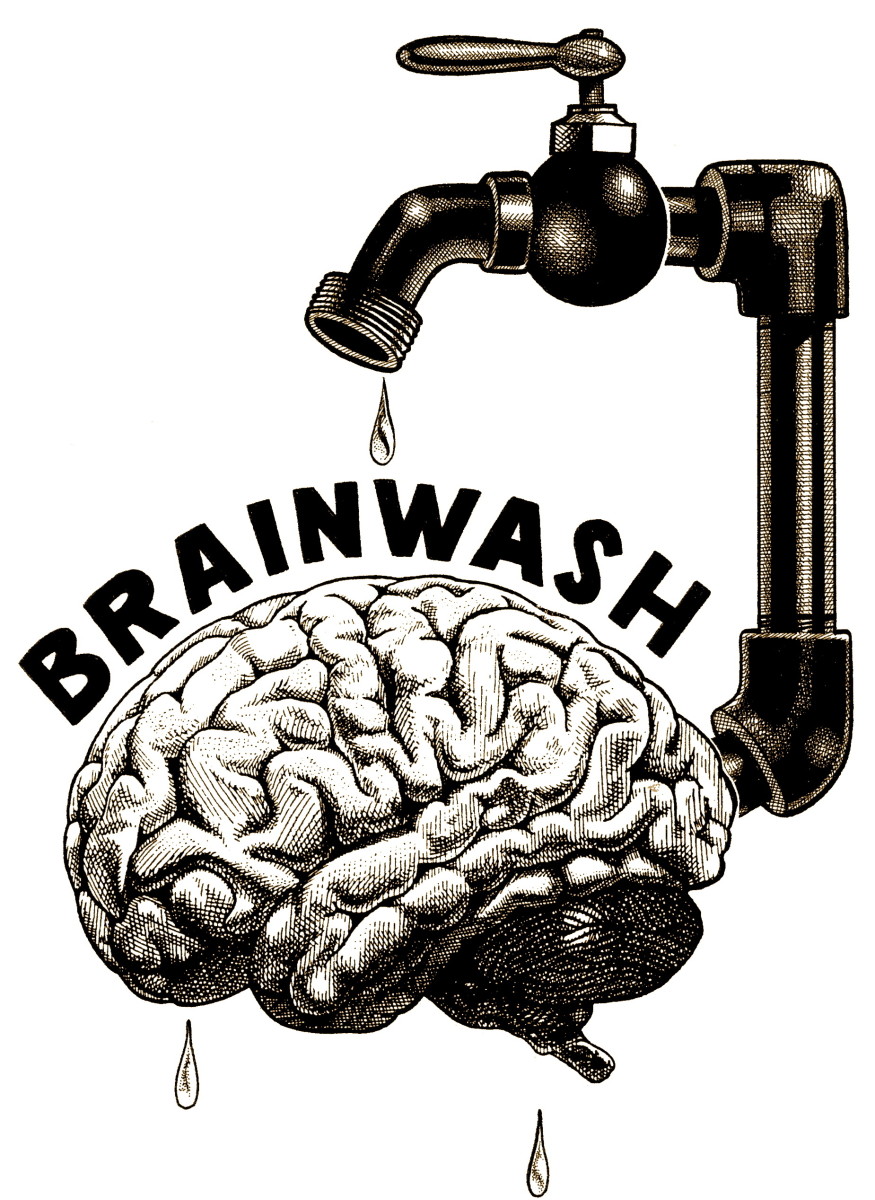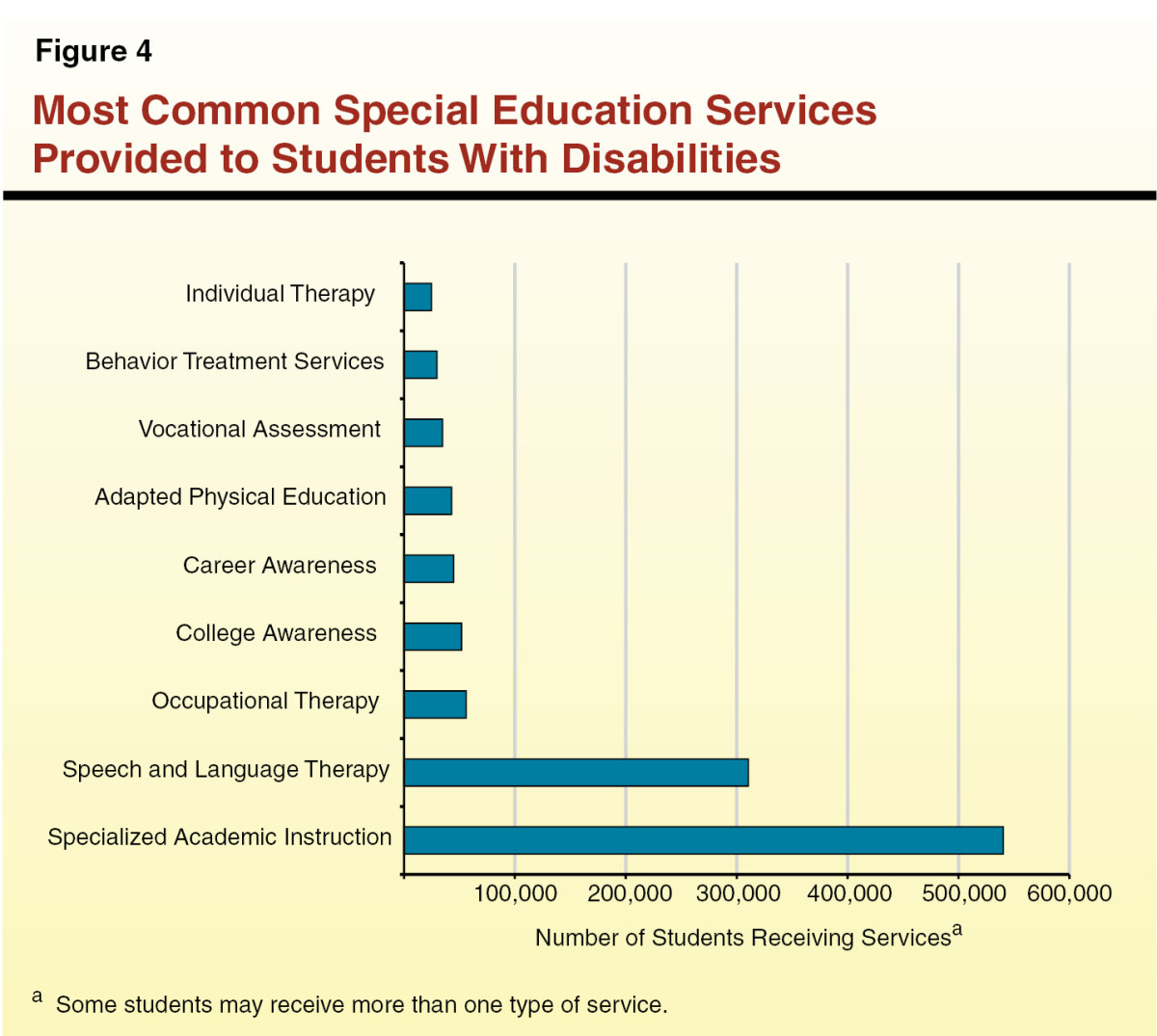Music Education In Schools: Why We Need It

School budgets are an embattled subject, with hard academics often winning out against the arts. The basics are important and often cut to the bone in embattled budgets. So why, in this difficult economy should we pump scarce dollars into the performing arts in our schools. As it turns out, music education is vital to learning and academic success.
If you want children to attain academic excellence, or to thrive socially and psychologically, or if you want children to learn to enjoy beauty, you will provide them with a musical education. Music is linked to success in all of these areas.
For those concerned with the necessity of justifying the expense within the academic arena, statistics clearly show that a musical education results in higher math and reading scores on standardized tests at the elementary school level. Of note, a 2003 study examining the relationship between higher test scores and general academic achievement, found that inner city schools whose populace could not afford to pay for music lessons benefited academically by the inclusion of formal musical training in the school curriculum. [1] Those that can least afford it may actually benefit the most.
Other studies cited in this treatise reiterated the importance of musical education to academic achievement. High school seniors who had participated in instrumental music programs from sixth through 12th grades scored significantly higher on standardized tests of language arts and math than their counterparts who had participated in non-music extra-curricular activities or who had not participated in extra-curricular activities.
In particular, the relationship between reading and music can be profound at the elementary school level. A recent study showed that first grade students who received one or two years of Kodaly musical training had higher reading scores than students in control groups who did not. The positive correlation between reading and music continued in a study focusing on students between ages six and eight categorized as slow learners who received music instruction and who had significantly higher reading readiness scores than students who received no music instruction.[2]
Reading and writing are fundamental skills. Words are full of rhythmic integrity in their structural use of phonemes, and in their cadences. They provide the rich canvas of meaning from which we seek to better understand ourselves and the world around us. Music provides a framework from which to understand the rhythm and richness of the languages which surround us.
The activity of integrating pitch and rhythm seems to encompass utilization of both brain hemispheres. In general the left hemisphere tends to be more sensitive to pitch and melody processing and the right, to temporal or rhythmic processing.[3] This utilization of both hemispheres appears to be critical in the developing brains of children. In a separate study children who were given musical instruction scored higher on all four indices of the Wechsler Intelligence Scale for Children, a standard tool for measuring IQ levels in children, than did children who were given no musical instruction.
Of great interest is a study by Ruggeri in 2003, who sought to describe the experience of adult amateur musicians as they pursued their passion of playing chamber music. These musicians reported the ability to express their identity in a type of non-verbal conversation, producing pleasurable sound and engaging their faculties in a state of deep concentration, resulting in an aesthetic response. This conscious experience of enjoyment was accompanied by a less conscious learning process involving perceptual, emotional, intuitive and kinesthetic development and pattern comprehension as well as a sense of deep fulfillment derived from sustained attention.[4] Are these not qualities that we would like to see made present in children’s education? They are if we are preparing children who will have the ability to think deeply, solve problems readily and work together toward common goals as adults.
Moving beyond the standardized test to the education of the whole child; providing our children with the tools to survive and thrive in their adult lives; instilling a sense of community and working together toward common goals – music is the common denominator, in addition to providing enhanced academic skills.
Finally, music is a universal language which transcends the limitations of words. It is a vehicle to deep emotional wealth. For example, when we hear musical pieces in a “major” key, we perceive those pieces to be filled with happiness and joy. Conversely, those pieces in “minor” keys are perceived as sad or contemplative. Music and vocal nuance: tone, pitch and rhythm, all give emotional meaning to words. Music is integrally linked to emotion and emotional intelligence is linked to success in life.
[1] Donald A Hodges, Debra S. O’Connell, University of North Carolina, The Impact of Music Education On Academic Achievement. http://www.uncg.edu/mus/SoundsOfLearning/AcdemicAchi evement.pdf
[2] Id.
[3] David J. Teachout, University of North Carolina, The Impact of Music Education On A Child’s Growth and Development.http://www.uncg.edu/mus/SoundsOfLearning/GrowthDevel opment.pdf
[4 Id.
copyright/all rights reserved Audrey Howitt 2015







